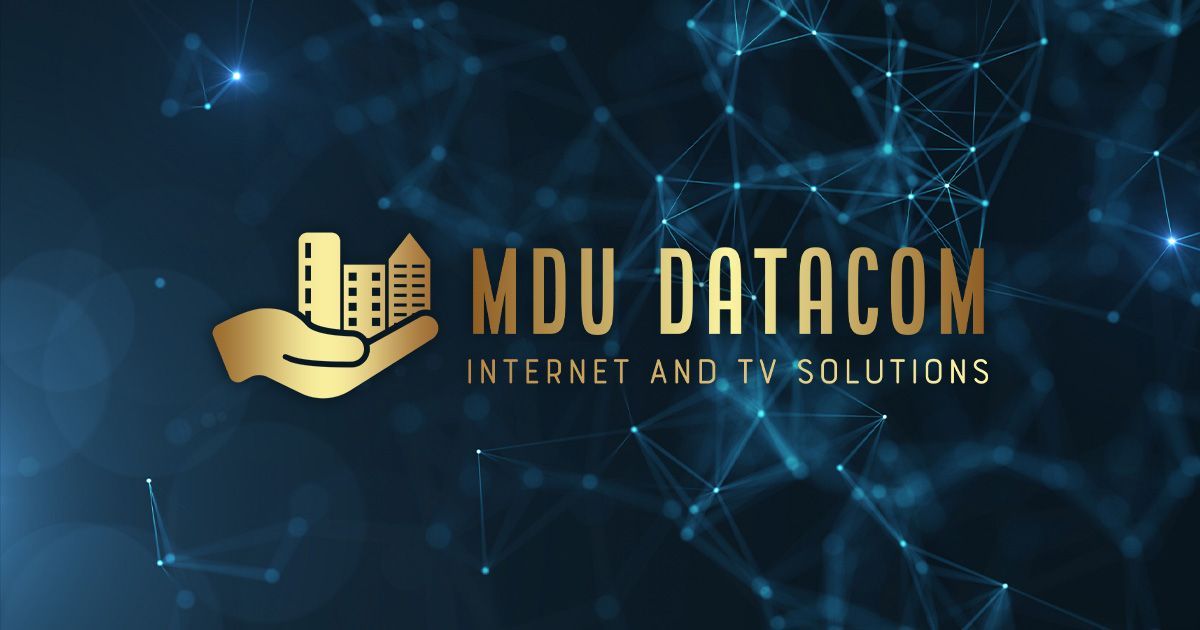Securing MDU Web Traffic Via Strong Encryption Standards to Protect End-User Privacy as well as Data Accuracy
Securing MDU Web Traffic Via Strong Encryption Standards to Protect End-User Privacy as well as Data Accuracy
Blog Article
In today’s digital world, protecting internet data is increasingly important than ever before, especially in Multi-Unit Units (MDUs) like flat buildings and condo environments. These settings often have numerous residents utilizing the same internet service, which can result to potential safety risks. To guarantee that residents' privacy and information integrity are protected, it is essential to adopt robust coding protocols. Data encryption is a technique that scrambles data, rendering it unreadable to individuals who do not have the correct credentials to decode it. This process helps maintain individual information secure from hackers and unapproved access.
A of the most widely used coding protocols is SSL Socket Layer (SSL) and its successor, TLS Layer (TLS). These standards establish a secure connection between a resident's system and the internet, ensuring that any information transferred remains private. When tenants in an MDU use websites that employ SSL/TLS, their private data, such as passwords and payment billing details, is encrypted. This means that although when someone attempts to capture the data, they would only see a jumble of characters and numbers, making it almost unfeasible to understand. By encouraging the adoption of such protocols, MDUs can significantly improve the safety of their tenants' online activities.
A further crucial encryption technique is Virtual Private Tunnel (VPN) solutions. A VPN creates a secure tunnel for web data, which safeguards users from prying eyes, particularly when accessing shared Wi-Fi networks. In an MDU, in which numerous tenants may link to the same network, using a VPN can assist guarantee that personal web activities remain private. This is particularly important for tasks including internet transactions or retrieving sensitive information. By promoting the use of VPNs among tenants, MDUs can cultivate a safer internet space and help safeguard against information leaks.
Alongside such encryption methods, it is vital for MDUs to inform their tenants about the importance of cybersecurity. Many individuals may not be conscious of the risks associated with using common web connections. Providing information on how to identify scam attempts, the importance of robust credentials, and the advantages try these out of employing encrypted websites can enable residents to take charge of their internet safety. Workshops or informational meetings can be beneficial ways to raise awareness and encourage best practices for online security.
Finally, MDUs should think about collaborating with internet service companies (ISPs) that prioritize security and provide enhanced encryption features. By collaborating with ISPs that implement robust coding protocols, MDUs can ensure that their tenants have availability to secure internet connections. This partnership can lead to improved overall safety for the entire building, as well as increased trust among tenants. By implementing these measures, MDUs can create a safer internet environment, protecting user privacy and data security in an increasingly connected world.